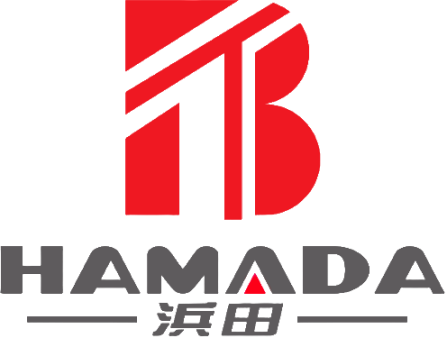What are the advantages of harmonic drive
What are the advantages of harmonic drive
In the field of mechanical transmission, the harmonic drive has emerged as a remarkable technology with a host of advantages. This advanced drive system offers several key benefits that are revolutionizing various industries.
One of the significant advantages of the harmonic drive is its high precision. It can achieve extremely accurate positioning and motion control, ensuring smooth and reliable operation in demanding applications. This precision is crucial in robotics, aerospace, and other sectors where exactitude is paramount.
The harmonic drive also boasts a compact design, allowing it to fit into tight spaces. This feature is particularly beneficial in applications where space is limited, enabling more efficient use of available resources.
Furthermore, the harmonic drive demonstrates excellent torque transmission capabilities. It can handle high loads with ease, making it suitable for heavy-duty machinery and industrial equipment.
In addition, this drive system exhibits low noise and vibration levels, contributing to a quieter and more comfortable working environment.
The advantages of the harmonic drive are undeniable, and its widespread adoption is a testament to its effectiveness and value in modern engineering and technology. As industries continue to evolve, the harmonic drive is likely to remain a key player, driving innovation and performance forward.
 English
English Español
Español Português
Português русский
русский français
français 日本語
日本語 Deutsch
Deutsch Tiếng Việt
Tiếng Việt Italiano
Italiano Nederlands
Nederlands ไทย
ไทย Polski
Polski 한국어
한국어 Svenska
Svenska magyar
magyar Malay
Malay বাংলা
বাংলা Dansk
Dansk Suomi
Suomi हिन्दी
हिन्दी Pilipino
Pilipino Türk
Türk Gaeilge
Gaeilge عربى
عربى Indonesia
Indonesia norsk
norsk اردو
اردو čeština
čeština Ελληνικά
Ελληνικά Українська
Українська Javanese
Javanese فارسی
فارسی தமிழ்
தமிழ் తెలుగు
తెలుగు नेपाली
नेपाली Burmese
Burmese български
български ລາວ
ລາວ Latine
Latine Қазақ
Қазақ Euskal
Euskal Azərbaycan
Azərbaycan slovenský
slovenský Македонски
Македонски Lietuvos
Lietuvos Eesti Keel
Eesti Keel Română
Română Slovenski
Slovenski मराठी
मराठी Српски
Српски
Wide Application of Gearbox Planetary Reducer in Industry
With the increasing demand for industrial equipment to develop towards high efficiency, precision and high load operation, Gearbox Planetary Reducer, as an important transmission device, has been widely used in many industries. This reducer has become an indispensable core component in the modern industrial field with its compact structure, strong load capacity and high transmission efficiency.
Read MoreWhat is the Difference Between Linear and Rotational Actuators?
Actuators are essential components in various mechanical systems, converting energy into motion to perform tasks in industries ranging from robotics to manufacturing. Among the many types of actuators, linear actuators and rotational actuators are the two most commonly used. While both are designed to create movement, they do so in different ways and serve different purposes. Understanding the differences between these two types of actuators is crucial for choosing the right one for specific applications.
Read MoreWhat is the Purpose of a Rotary Actuator?
In the world of modern engineering, automation, and robotics, precision and reliability are critical components for the success of any system. One such piece of technology that plays a vital role in these areas is the rotary actuator. As industries continue to demand more sophisticated machinery capable of performing complex movements, the rotary actuator is becoming increasingly indispensable. But what exactly is the purpose of a rotary actuator, and how does it function in various applications?
Read More